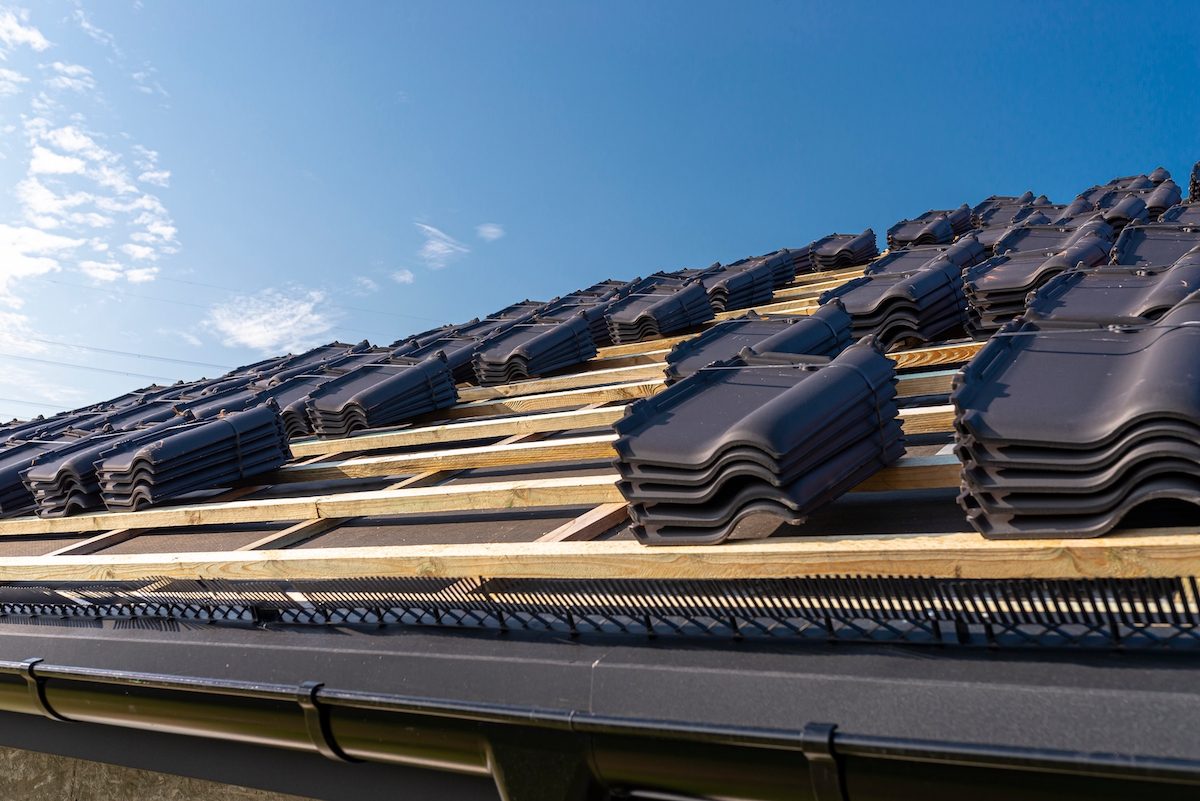To become a roofer in the unionized trades in New York State, you’ll need a combination of skills, training, and qualifications. Unionized roofing trades require individuals to go through an apprenticeship program, which combines on-the-job training and classroom instruction. Here are the key skills and steps you’ll need to become a roofer in the unionized trades in NYS:
- High School Diploma or Equivalent: Most roofing apprenticeship programs require applicants to have at least a high school diploma or GED.
- Physical Fitness: Roofing is a physically demanding job, so you should be in good physical condition and able to work at heights, lift heavy materials, and perform strenuous tasks.
- Math Skills: Basic math skills are important for measuring and cutting roofing materials accurately.
- Safety Knowledge: Understanding and following safety protocols is crucial in roofing. You’ll need to be aware of the risks associated with working at heights and use proper safety equipment.
- Hand-Eye Coordination: Roofers must be able to handle tools and materials with precision, which requires good hand-eye coordination.
- Manual Dexterity: Being able to manipulate tools and materials effectively is essential for a roofer.
- Attention to Detail: Roofers must be meticulous when installing roofing materials to ensure that there are no leaks or defects in the finished product.
- Technical Skills: You’ll need to learn various roofing techniques, such as installing shingles, flashing, and waterproof membranes.
- Certifications: Depending on the type of roofing work you plan to do, you may need specific certifications or licenses. For example, if you work on asbestos-containing roofing materials, you may need an asbestos handling certification.
- Tools and Equipment Knowledge: Familiarity with the various tools and equipment used in roofing, such as roofing nailers, hammers, safety harnesses, and roofing materials, is essential.

